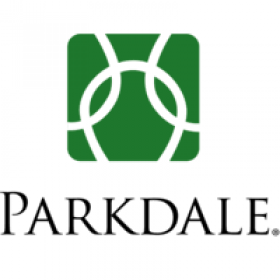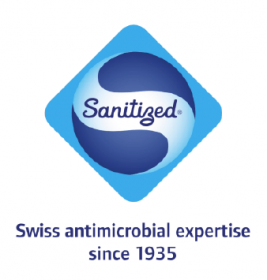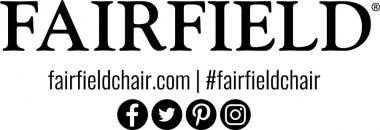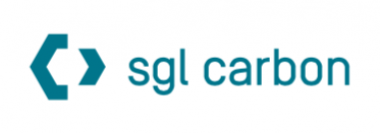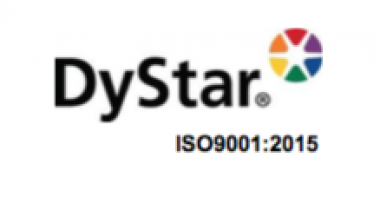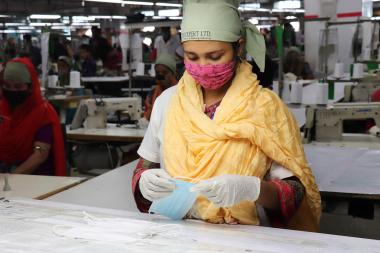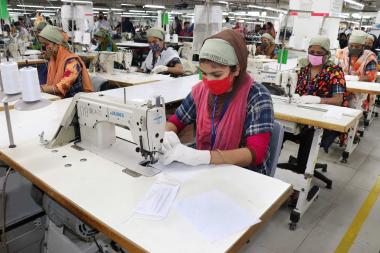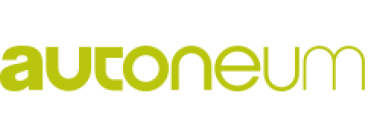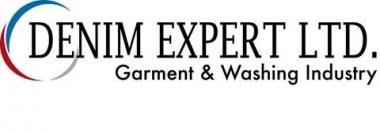Call to action of the fashion world
- Diana, Giusy, Simona and Marina. The call to action of the fashion world was born from four women engaged in the field of sustainability. On the occasion of Fashion Revolution Week, we tell you their story and the results achieved
A task force of Italian textile companies active in our area supported the first call to action launched at the fashion world by four women who have always been involved in the field of sustainability. The appeal launched on March 19th by the green journalist Diana de Marsanich, Giusy Bettoni, founder and CEO of C.L.A.S.S. (Creativity Lifestyle and Sustainable Synergy)the eco multi-platform hub specialized in integrating a new generation of eco values into fashion, products and companies, Simona Roveda, Editorial Director and Director of Institutional Communication of LifeGate and Marina Spadafora, Italian Country Coordinator of Fashion Revolution and currently collaborating with Luxury Fashion Brands to implement responsible strategies in their companies have luaunched a call-to-action project which has brought together textile companies to manufacture PPE garments for the medical staff working in San Gerardo Hospital in Monza, near Milan.
The companies that answered the call-to-action are: Filo d’Oro, Mantero, ROICA™ by Asahi Kasei, C.L.A.S.S. (Creativity Lifestyle and Sustainable Synergy) e Zerobarracento, Iluna Group, Lg Electronics, Jimmy Lion, Personal Genomics, Isamar Holyday Village, Marcolin Eyewear, Maglificio Ripa.
During the last weeks the 4 women collected about 1,800 non-drip cotton and non-woven TNT gowns for sanitary use, about 400 protective masks for multipurpose washable, bacteriostatic, breathable and water-repellent prevention, 1,000 washable cotton surgical caps, 150 complete protective googles eye masks, two microwave ovens for hospital departments to offer support to medical and healthcare personnel by helping them in the few breaks during the grueling shifts of this period, a supply of samples of cotton socks, 300 cotton masks + polyester outer layer, water-repellent and antibacterial, and free weekly stays made available to doctors, nurses, civil protection personnel and families with related children involved in the Covid-19 pandemic.
GB Network Marketing Communications Srl







